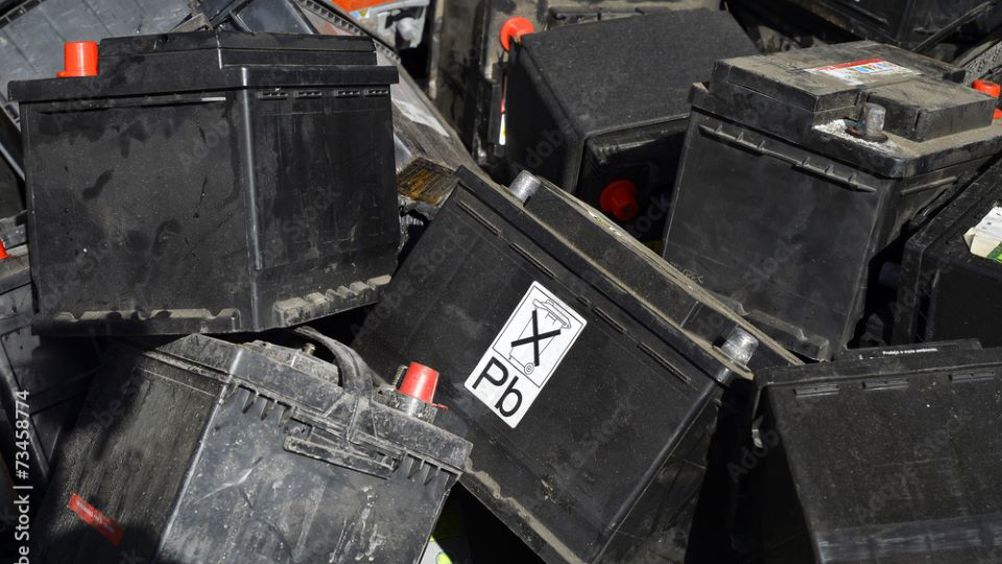Action urged to avert lead pollution health crisis from battery recycling
Informal lead-acid battery recycling in Malawi is producing hazardous levels of lead waste, researchers from Manchester University have found.

The team made their discovery whilst investigating waste management practices for off-grid solar technologies.
Informal recycling activities for lead-acid batteries used in solar energy systems were recorded to release 3.5-4.7kg of lead pollution from a typical battery, which is equivalent to over 100 times the lethal oral dose of lead for an adult.
Off-grid solar technologies are used to provide power to areas lacking grid connections and are crucial for expanding electricity access across sub-Saharan Africa.
The private market for off-grid solar electrification technologies is expected to provide electricity access to millions of people by 2030, subsidised by global energy companies in the Global North. Household-scale off-grid solar energy systems in sub-Saharan Africa mostly depend on lead-acid batteries as the most affordable and established energy storage technology.
Manchester University scientists warn that the absence of formal waste management infrastructure presents major human health and environmental risks and urge immediate government intervention.
The research, published in Applied Energy, was led by Dr Christopher Kinally for his PhD at Manchester University, funded by EPSRC.
Register now to continue reading
Thanks for visiting The Engineer. You’ve now reached your monthly limit of news stories. Register for free to unlock unlimited access to all of our news coverage, as well as premium content including opinion, in-depth features and special reports.
Benefits of registering
-
In-depth insights and coverage of key emerging trends
-
Unrestricted access to special reports throughout the year
-
Daily technology news delivered straight to your inbox










BEAS funding available to help businesses cut energy costs
And not a moment too soon, if the following exchange broadcast last Friday 13th June, on the Radio 4 ´Rare Earth´ program (link below, ~ 17 minutes...